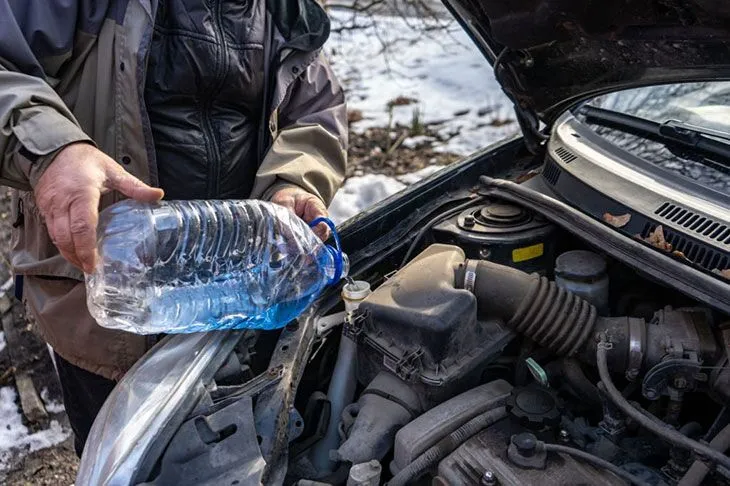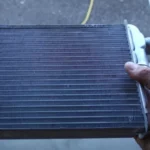
Water in Radiator Freeze: Why is it Necessary?
Introduction
When it comes to the cooling system in your vehicle, one essential component is the radiator. The radiator plays a crucial role in maintaining the engine’s temperature and preventing it from overheating. While many modern vehicles use a coolant mixture, it is still necessary to have water in the radiator, especially during freezing temperatures. In this article, we will explore why having water in the radiator freeze is necessary and how it helps in protecting your vehicle’s engine.
Why is water used in radiators?
The primary purpose of water in the radiator is to transfer heat away from the engine. Water has excellent thermal conductivity, meaning it can absorb and dissipate heat efficiently. It is also readily available and inexpensive, making it an ideal choice for cooling systems.
However, using water alone in the cooling system is not recommended. Water has a low boiling point, and in extreme temperatures, it can evaporate quickly, leading to a loss of coolant and potential engine damage. That is why a coolant mixture is commonly used, which consists of water and antifreeze.
What is antifreeze?
Antifreeze, also known as coolant, is a mixture of water and ethylene or propylene glycol. It serves multiple purposes in the cooling system:
- Freeze Protection: Antifreeze lowers the freezing point of the coolant mixture, preventing it from solidifying in cold temperatures. This is particularly important during winter months when temperatures can drop below freezing.
- Boil Protection: Antifreeze increases the boiling point of the coolant, allowing it to withstand high temperatures without evaporating. This is crucial in hot climates or during heavy engine loads.
- Corrosion Prevention: Antifreeze contains additives that protect the radiator and other components from rust and corrosion, extending their lifespan.
Why is freezing necessary?
While it may seem counterintuitive, freezing is necessary when it comes to water in the radiator. When water freezes, it expands, creating pressure within the cooling system. This pressure is relieved by the radiator cap’s design, which includes a pressure release valve or a pressure relief cap. When the pressure exceeds a certain point, the valve opens, allowing the coolant mixture to escape and preventing damage to the engine or cooling system components.
If the coolant did not freeze, the pressure would continue to build up, leading to potential cracks in the engine block, radiator, or hoses. Freezing acts as a safety mechanism, protecting your vehicle’s cooling system from damage.
Preventing radiator freeze
While freezing is necessary, it is essential to take preventive measures to avoid any potential problems. Here are a few tips:
- Use the correct coolant mixture: Ensure that the coolant mixture in your radiator is suitable for the climate you are in. Consult your vehicle’s manual or seek professional advice.
- Check the coolant level regularly: Inspect the coolant level in the radiator and top it up if necessary. This will ensure that there is enough coolant to provide freeze and boil protection.
- Protect the radiator during winter: If you live in an extremely cold climate, consider using a radiator cover or parking your vehicle in a heated garage to prevent the coolant from freezing.
- Have your cooling system inspected: Regular maintenance and inspections by a qualified mechanic will help identify any potential issues with your cooling system and prevent radiator freeze.
Conclusion
Water in the radiator freezing is necessary to prevent damage to your vehicle’s engine and cooling system. By using the correct coolant mixture and taking preventive measures, you can ensure that your radiator functions optimally, providing efficient cooling and protecting your engine, regardless of the outside temperature.




